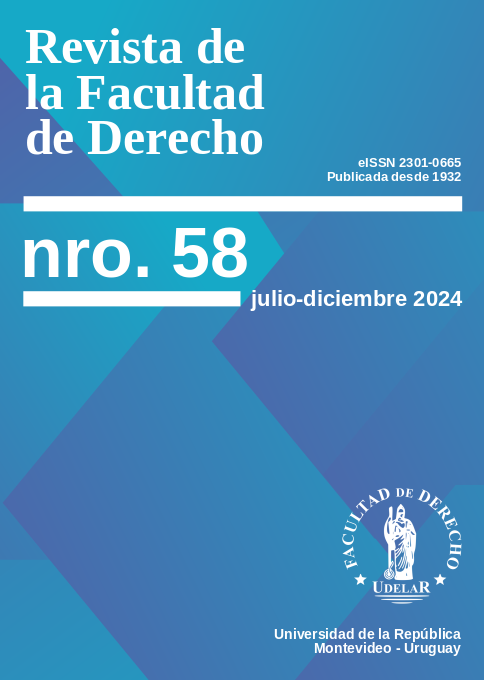Tax expenditure: for conceptual autonomy in relation to the concepts of revenue waiver and tax benefits
DOI:
https://doi.org/10.22187/rfd2024n58a6Keywords:
fiscal policy, transparency, fiscal benetfits, tax expenditures, tax incentivesAbstract
Article proposing an autonomous conceptualization of tax expenditures in relation to the concepts of revenue waiver and tax benefits in the Brazilian legal system. The first topic identifies ambiguities present in Brazilian scientific works in law that use the term "tax expenditures," which, in some cases, approach it as revenue waiver and, in others, as tax benefits. The second topic conceptualizes tax expenditures as an economic technique for estimating public costs. The third topic analyzes the figure of revenue waiver as a form of budgetary impact, with special attention to the role of the Tax Expenditure Statement accompanying the Annual Budget Law. The last topic is dedicated to tax benefits as objects of economic quantification and assessment of budgetary impact and analyzes the relationship between tax expenditures, technical exemptions, and constitutional immunities. It concludes that tax expenditures are an economic technique that can be used to estimate the cost of tax benefits regardless of their legal nature, promoting transparency of this fiscal information. The work is a qualitative, post-positivist research of an exploratory-descriptive nature, conducted through the analysis of Brazilian and foreign academic works, Brazilian legislation, decisions, and administrative documents.
Downloads
Downloads
Published
How to Cite
Issue
Section
License
This journal provides open access to its content, based on the principle that providing the public with free access to research helps a greater global exchange of knowledge
Revista de la Facultad de Derecho. Creative Commons Reconocimiento 4.0 Internacional License.


